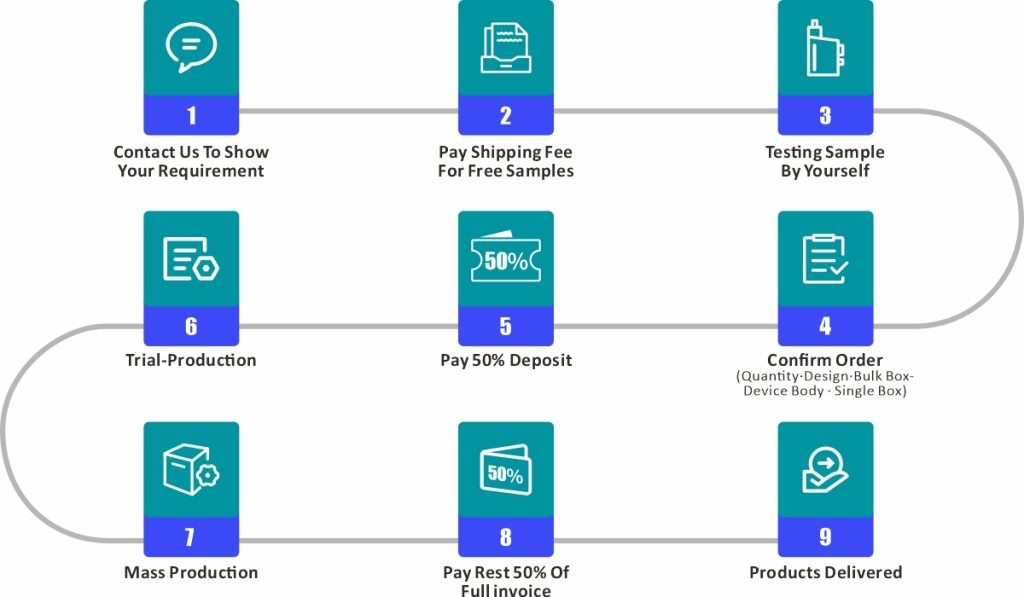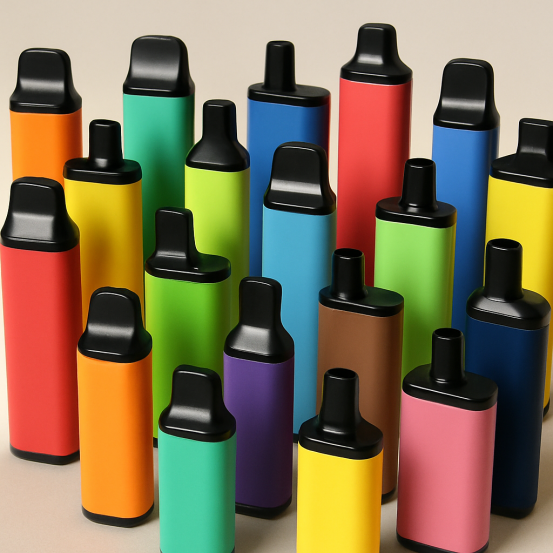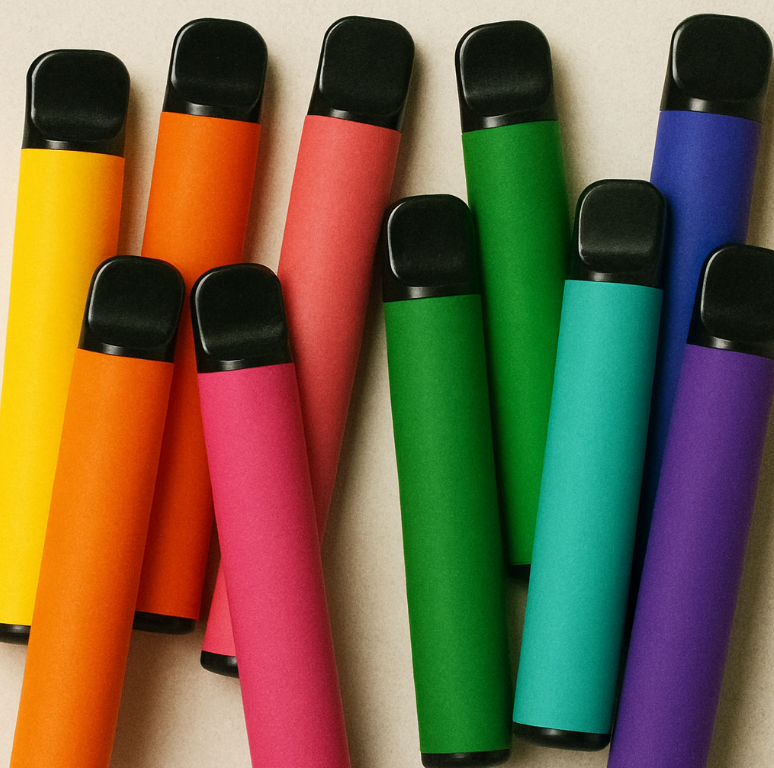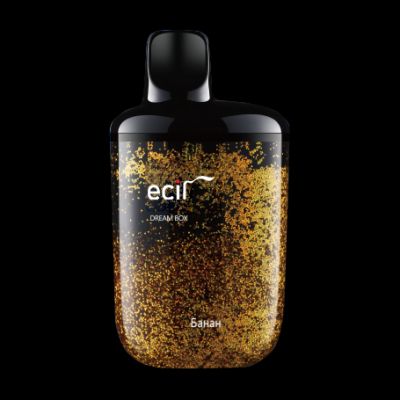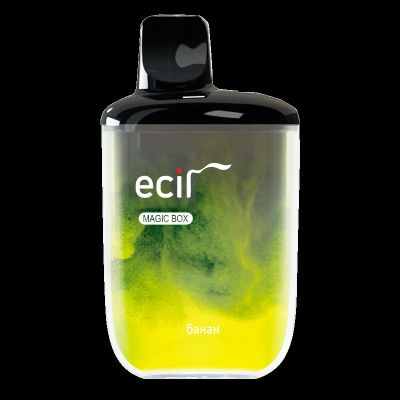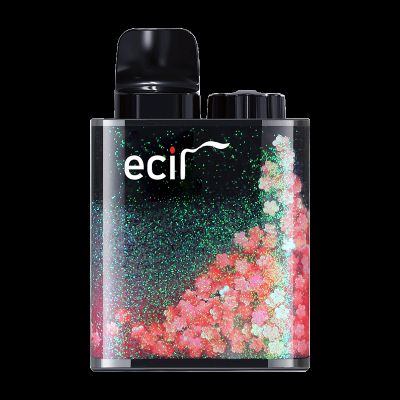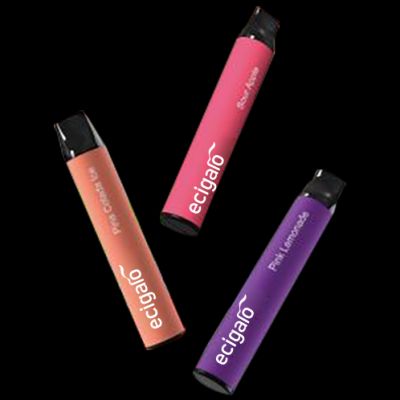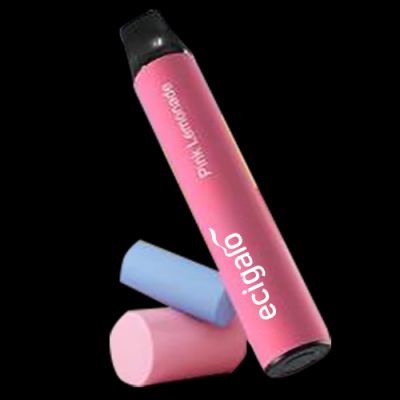Vaping in Mexico 2024: Regulations, Black Market Impact, and Health Considerations
As of 2024, the landscape of vaping in Mexico remains complex and is shaped by evolving laws, public health concerns, and social attitudes toward vaping devices. Whether for tourists seeking clarity on regulations or business owners exploring market opportunities, understanding the intricacies of vaping regulations and trends in Mexico is essential. This article provides an in-depth look into the regulatory landscape, public perception, and the key factors affecting the sale and use of electronic cigarettes and vaping devices in Mexico.
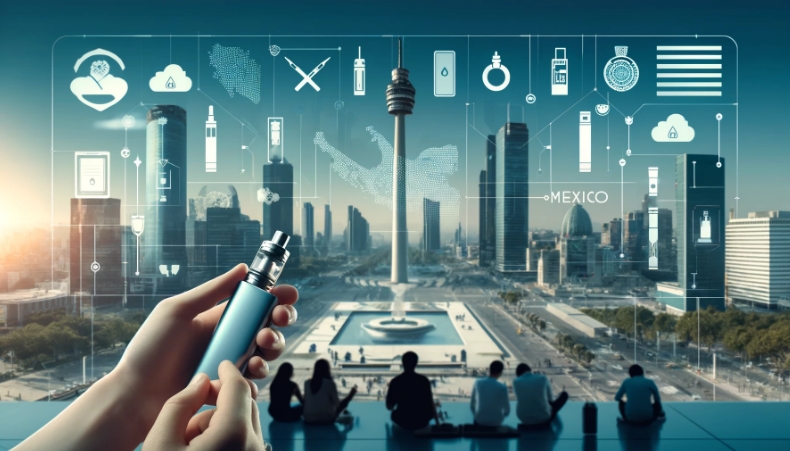
Overview of Vaping Regulations in Mexico
In recent years, Mexico has tightened its stance on vaping devices, particularly around the sale of electronic devices and tobacco products. The shifting regulations reflect a focus on protecting public health, reducing health risks, and aligning Mexico’s policies with global standards in tobacco control.
Key Developments in Mexico’s Vaping Laws
Presidential Decree on Vaping Products
In 2022, Mexico issued a presidential decree banning the import and sale of vaping products, which marked a significant shift in the country’s regulatory landscape. The decree aimed to curb the presence of vaping devices in the market, especially those that could appeal to younger users. By 2024, this decree still affects the sale of vaping products within Mexico and restricts their availability, though enforcement varies across regions.Restrictions on Selling Vaping Products
Since the decree, the selling of vaping products has been heavily restricted. The sale of e-cigarettes and heated tobacco products is prohibited in most areas, leaving users with limited access. However, despite these limitations, some vendors continue to sell these products on the black market.Public Health Concerns and Individual Freedoms
Mexico’s government has cited public health concerns as a primary reason for its strict regulations. Similar to laws concerning traditional tobacco and smoking, the restrictions aim to mitigate potential health risks associated with vaping. Yet, there is a debate about individual freedoms in Mexico, with some arguing that users should have the choice to use vaping devices if they wish.Designated Smoking Areas for Vapers
While the sale and advertising of vaping products face restrictions, vaping itself is not entirely prohibited. Similar to smoking laws regarding cigarettes, certain public areas permit the use of electronic cigarettes. Designated smoking areas for traditional smokers often accommodate e-cigarette users as well, making it possible for vapers to use their devices in specific locations.
Market Dynamics and the Role of the Black Market
The vaping ban and import restrictions have led to the growth of a black market for vaping devices. Since the regulated sale of these products is limited, consumers and vendors are turning to unregulated channels. This has raised concerns over product quality and safety, as black market products may not adhere to public health standards, increasing the risk of health risks due to potentially unsafe ingredients or improper manufacturing practices.
Challenges of the Black Market
Unregulated Products: Black market vaping products often lack oversight, which means they could contain harmful substances or use materials not suited for safe vaping. For example, unsafe levels of nicotine or low-quality components could increase health risks.
Lack of Nicotine-Free Options: In countries where vaping is regulated, users can often choose nicotine-free products to enjoy a smoke-free experience. However, black market options in Mexico may lack this variety, leaving users with fewer choices regarding nicotine strengths.
Inconsistent Pricing: Due to their unregulated nature, black market products can vary greatly in price, making it difficult for consumers to judge quality based on cost.
Social Perception and the Future of Vaping in Mexico
Despite regulatory efforts, the popularity of electronic cigarettes and other vaping devices remains strong among certain groups. Socially, vaping is sometimes viewed as a modern alternative to traditional tobacco, with perceived benefits such as fewer harmful substances. Nonetheless, Mexico’s strict stance on vaping products may signal future adjustments in laws, potentially impacting the availability and legal status of these products further.
Key Factors to Consider for Vapers and Business Owners
Health and Safety of Vaping Products
For vapers in Mexico, prioritizing health and safety is essential, especially with the prevalence of black market options. Since unregulated products may contain harmful chemicals or impurities, users are encouraged to research product sources and avoid unknown brands.Legality of Importing Vaping Devices
Travelers and expatriates should be aware that bringing vaping devices into Mexico may face legal challenges due to the ban on imports. It's advisable to stay updated on the latest regulations or consult with customs authorities before traveling with any vaping devices.Future Legal Changes
The Mexican government’s stance on vaping could change in the future, depending on ongoing health studies and shifting political perspectives on individual freedoms. As of now, however, the restrictive environment makes it difficult for businesses to enter the market legitimately.
Common Questions and Answers
1. Can tourists bring vaping devices to Mexico?
Due to Mexico’s import restrictions, it can be challenging to bring vaping devices into the country. Some travelers report being able to carry them for personal use, but it’s recommended to check current regulations with Mexican customs before your trip.
2. Where can people legally use vaping devices in Mexico?
Vaping is often allowed in designated smoking areas, similar to traditional smoking restrictions. However, public areas and non-smoking zones typically prohibit the use of e-cigarettes.
3. Are there nicotine-free vaping options available in Mexico?
Due to the limitations on legitimate vape sales, nicotine-free options may be harder to find. The black market often does not offer a range of nicotine strengths as regulated markets do, so consumers have fewer options.
4. Are there any safe brands available in Mexico?
The availability of safe brands is limited due to the import and sale restrictions. Consumers should be cautious of products purchased on the black market and verify any available brand for quality assurances where possible.
5. What are the health risks associated with black market vaping products?
Black market products may contain harmful substances or lack quality control, increasing health risks. Without regulatory oversight, these products may pose risks such as inconsistent nicotine levels or contaminated vape juice.
Conclusion
As of 2024, Mexico’s strict regulations on the sale of vaping products make it challenging for users and business owners alike. The complex balance between individual freedoms and public health continues to shape the market, with limited access to regulated products contributing to the growth of black market options. Vapers and prospective business investors should be aware of the evolving legal landscape, health considerations, and future possibilities as they navigate the vaping scene in Mexico.
If you’re looking for a professional vape factory capable of exporting to Mexico, feel free to contact us. With in-depth knowledge of Mexico's regulations and market, we are well-positioned to be your ideal partner. We ensure compliance with local standards, offering a range of high-quality products customized to meet your needs. Let us help you navigate Mexico’s evolving vape market with reliable solutions and full support.


